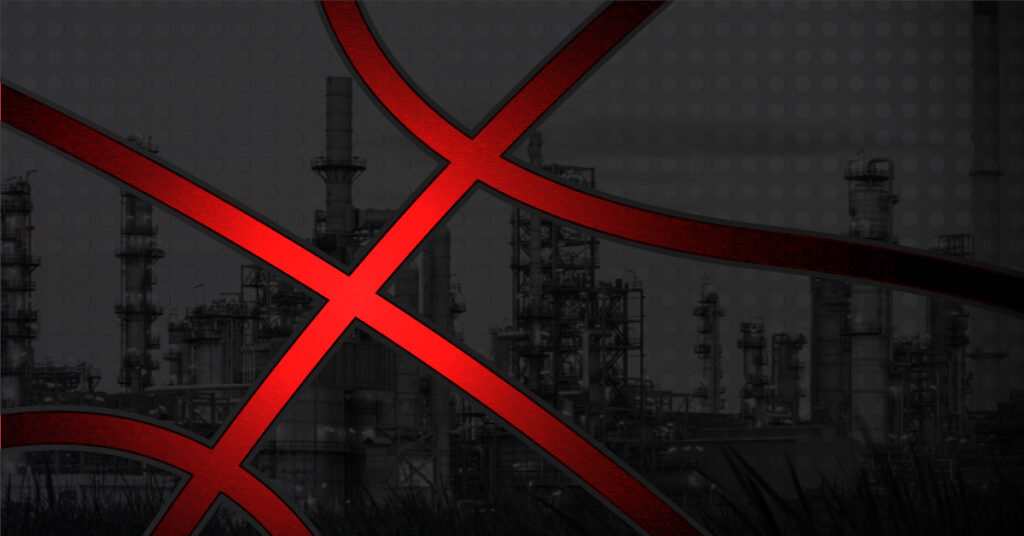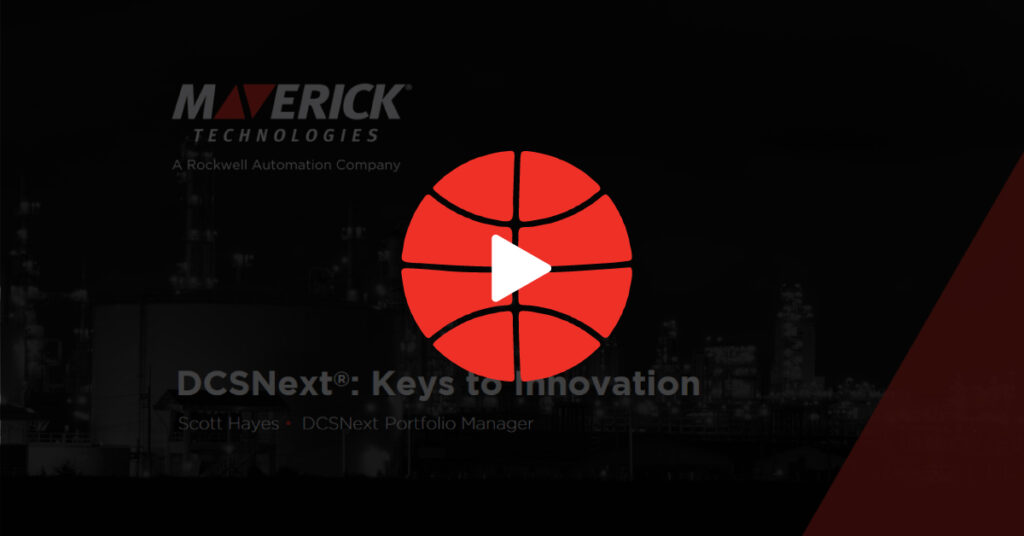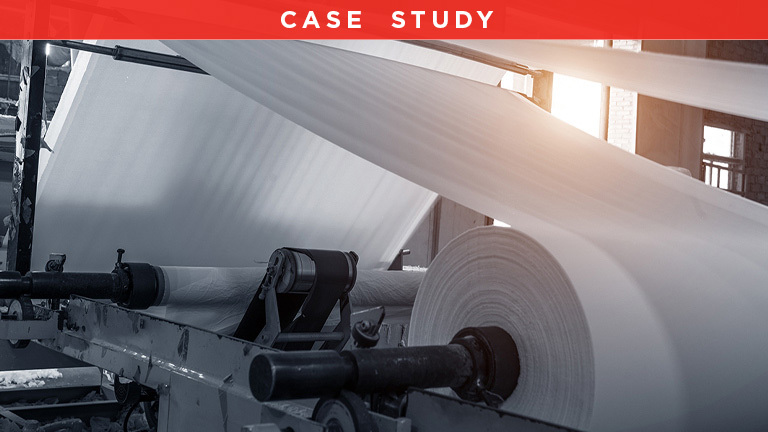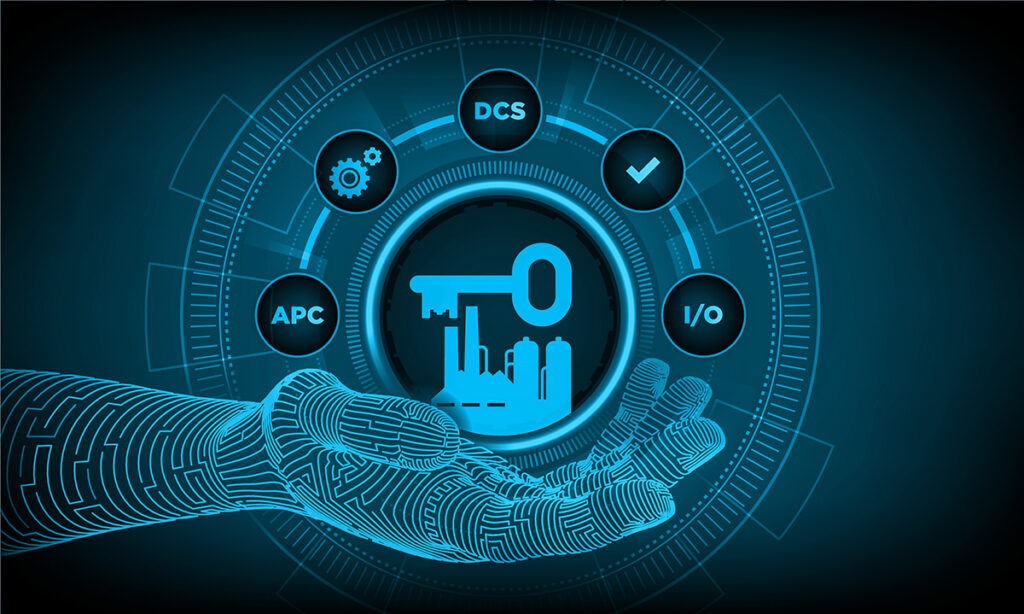DCS Migration Best Practices Open the Door to the Modern World
A new digital age has dawned for manufacturers, and many must update or migrate their outdated distributed control systems (DCS) to stay competitive and meet ever-changing consumer demands. Their legacy systems have served them well, but as technology evolves, change is inevitable. In 1959, for instance,
DCS Migration Best Practices Open the Door to the Modern World Read More »










